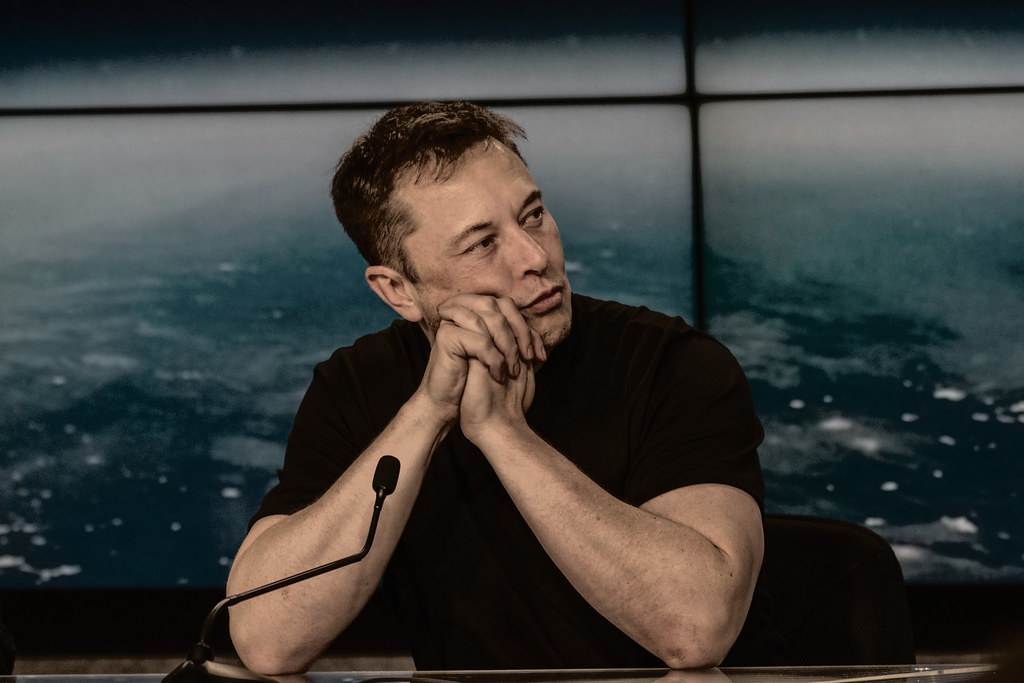In a stirring legal move that underscores the deepening rift in the artificial intelligence community, Elon Musk, the tech titan known for his revolutionary ventures, has filed a lawsuit against OpenAI, its co-founders Sam Altman and Greg Brockman, and affiliated entities. This action, lodged in a San Francisco court, springs from allegations that OpenAI deviated from its original non-profit ethos, pivoting towards profit-making endeavors which Musk claims betray the organization’s foundational mission to develop AI for the good of humanity.
Back in 2015, when the seeds of OpenAI were sown, Musk was among the key figures who envisioned an entity that would act as a counterbalance to the competitive dominion of tech giants like Google. The promise was simple yet profound: to create a nonprofit dedicated to advancing AI in ways that prioritize human welfare. The founding agreement was clear, requiring that OpenAI’s groundbreaking technology remain “freely available” to the public. However, the landscape seems to have altered dramatically since those early days.
The crux of Musk’s lawsuit is the assertion that OpenAI, once a beacon of altruistic AI development, has morphed into a “closed-source de facto subsidiary” of Microsoft, veering off course from its noble pursuit. The inclusion of Microsoft in this narrative is pivotal. The tech behemoth has poured approximately $13 billion into OpenAI, igniting concerns over the latter’s allegiance. Musk’s allegations paint a picture of OpenAI refining its artificial general intelligence (AGI) technology not for the betterment of society, but to line the pockets of Microsoft’s stakeholders.

This legal battle isn’t merely about breaches of contract or corporate alignments; it’s emblematic of a larger discourse on the future direction of AI. AGI, a concept at the heart of this controversy, refers to a form of AI with human-like capabilities across a broad spectrum of tasks. Musk’s stance, as elucidated in the lawsuit, is that OpenAI’s development and licensing of GPT-4, an advanced model purportedly superior in reasoning to the average human, signify a deviation from the commitment to keep AGI tethered to humanity’s benefit.
Musk’s move to litigate is not without precedent. His longstanding apprehensions regarding the monopolization of AGI technology and its potential misuse have been vocal. Through this lawsuit, he seeks not just legal remedies but a reorientation of OpenAI back to its original charter. The demand is for OpenAI to halt the monetization of technologies developed under its nonprofit guise, especially if such actions disproportionately benefit corporate entities like Microsoft at humanity’s expense.
OpenAI and Altman have previously addressed some of Musk’s criticisms, albeit with a stance suggesting a divergence in vision. Altman, in particular, has positioned himself in defense of OpenAI’s trajectory, asserting the organization’s positive contribution towards global advancement despite Musk’s grievances.
As this legal drama unfolds, its ramifications extend beyond the courtroom. It’s a pivotal moment that could define the ethical boundaries of AI development. Will profit motives overshadow altruistic goals, or can a balance be struck that honors the original vision of AI’s pioneers? This lawsuit, then, isn’t just a dispute over contractual agreements; it’s a call to action for the AI community to introspect and align on the principles that should govern the future of artificial intelligence.
Related posts:
Elon Musk sues OpenAI and Sam Altman over ‘betrayal’ of nonprofit AI mission
Elon Musk sues OpenAI and Sam Altman for allegedly ditching non-profit mission
Elon Musk sues OpenAI and Sam Altman over ‘betrayal’ of nonprofit AI mission





